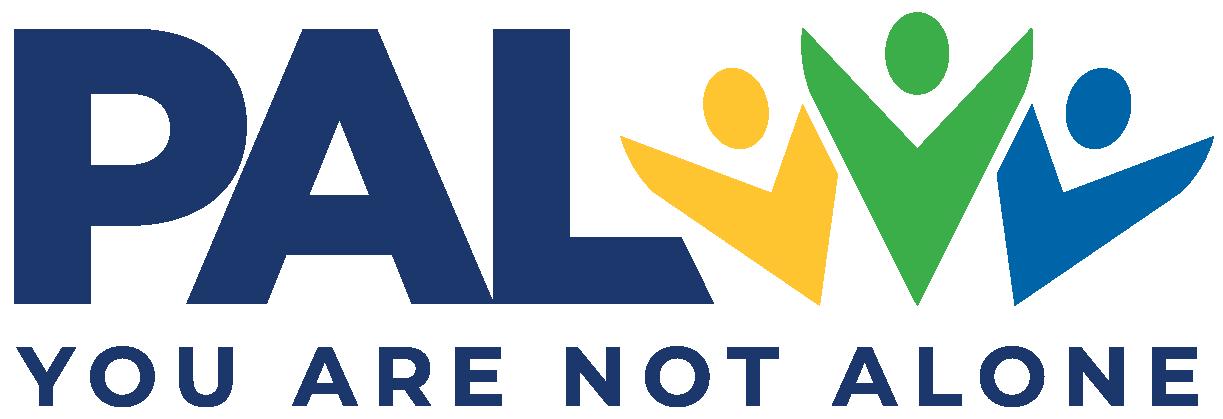Step 1: Learn about your adult child’s problem of delayed emotional growth.
In addition to alcohol or drug abuse, your child may have another issue. It serves as a silent partner in keeping addiction active and resistant to change, but can be quite difficult to identify. Simply, delayed emotional growth means that you still see your adult child as an adolescent or younger child. He or she is an adult now and deserves to be treated like one.
Step 2: Transition to an adult-to-adult relationship.
In American culture, there is no formal rite of passage when a child becomes an adult. Key to helping your adult child mature emotionally is for everyone to acknowledge that he or she is now an adult. It will also mean treating your adult child like an adult, especially in difficult situations. Even though it was not your fault, you may choose to apologize to your adult child for having treated him or her as an adolescent for too long.
Step 3: Set realistic boundaries and consequences for your adult child.
Once your adult-to-adult relationship is in place, you can establish what is acceptable and what happens when those mutually-agreed-upon boundaries are crossed. When overstepping bounds, your child has to handle the consequences as an adult. You no longer will over-help him or her and you both know why. Your communication is now easier, because you are dealing with an adult.
It will take time and practice to learn, but you will see the wisdom in treating your son or daughter as an adult, even when they act like a child. Your adult child may need to adjust to this new perspective, but having an understanding of what is acceptable and what happens when that agreement isn’t respected helps you — and your adult child — stay on course.
Step 4: Cut strings to help your adult child become more responsible.
Strings are always financial. Mostly they’re obvious but often they’re not. You’ll be able to pinpoint certain situations where strings are keeping your adult child from making positive changes. Once you learn to identify these strings, you can plan the safest way to cut them.
Step 5: Write your own plan for helping your adult child.
Written plans provide road maps for achievement as well as accountability. A Parents Plan can be created by you with or without the help of a professional. As parents, It’s important to agree with each other about what you will and will not do to help your loved one. It’s recommended that you complete the plan before approaching your adult child.
Step 6: Help your adult child write their own plan for moving forward in life.
Your adult child might also want to have a Recovering Person Plan, which lists goals such as finding a job, saving money, paying debts, steps for cutting strings, and consequences of relapse. A professional can best help your adult child create this plan. And, even though the goals need to come from your loved one, as parents you have a say about his or her goals when they require your assistance.
